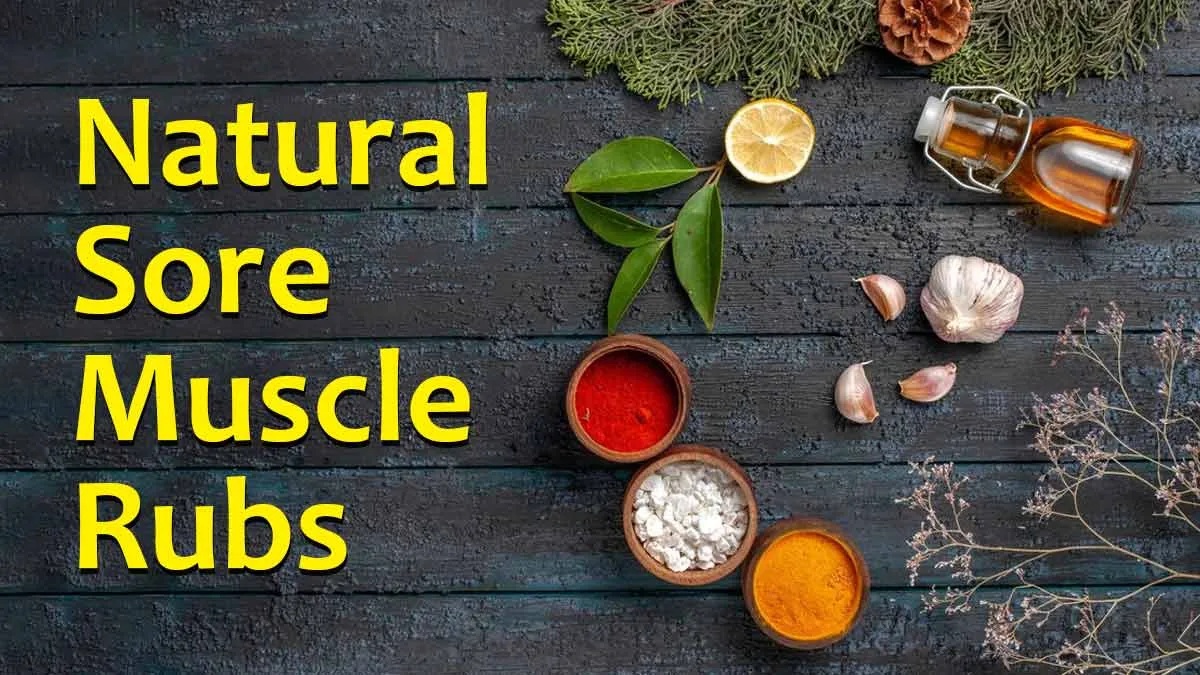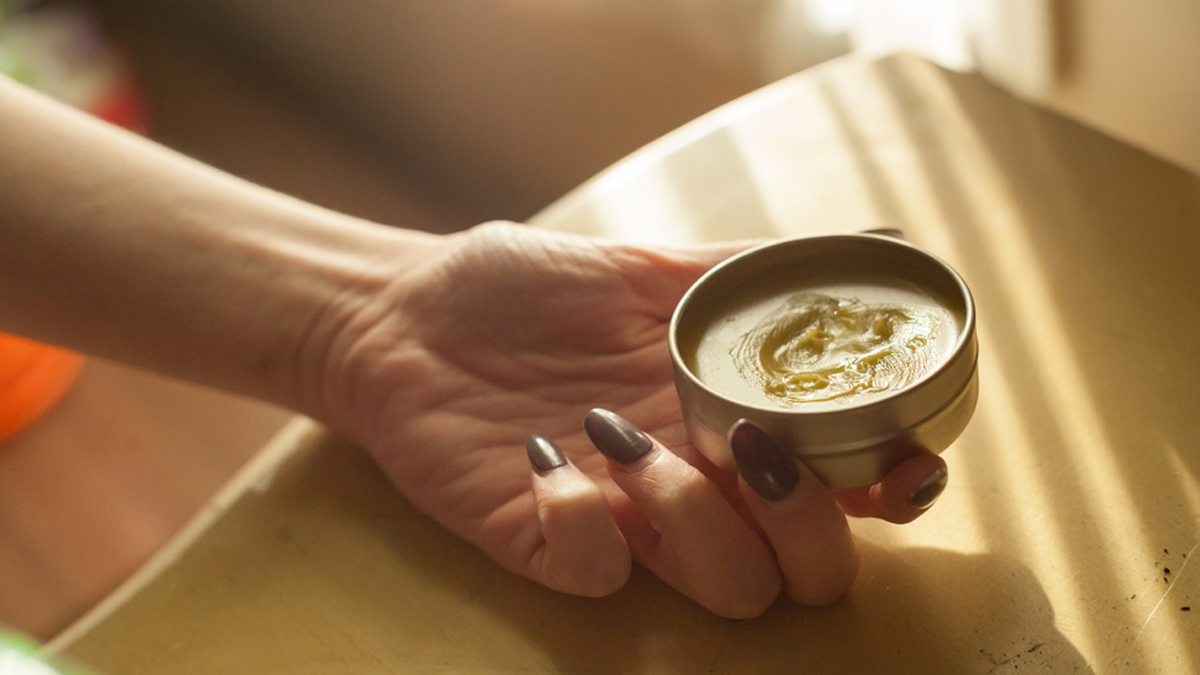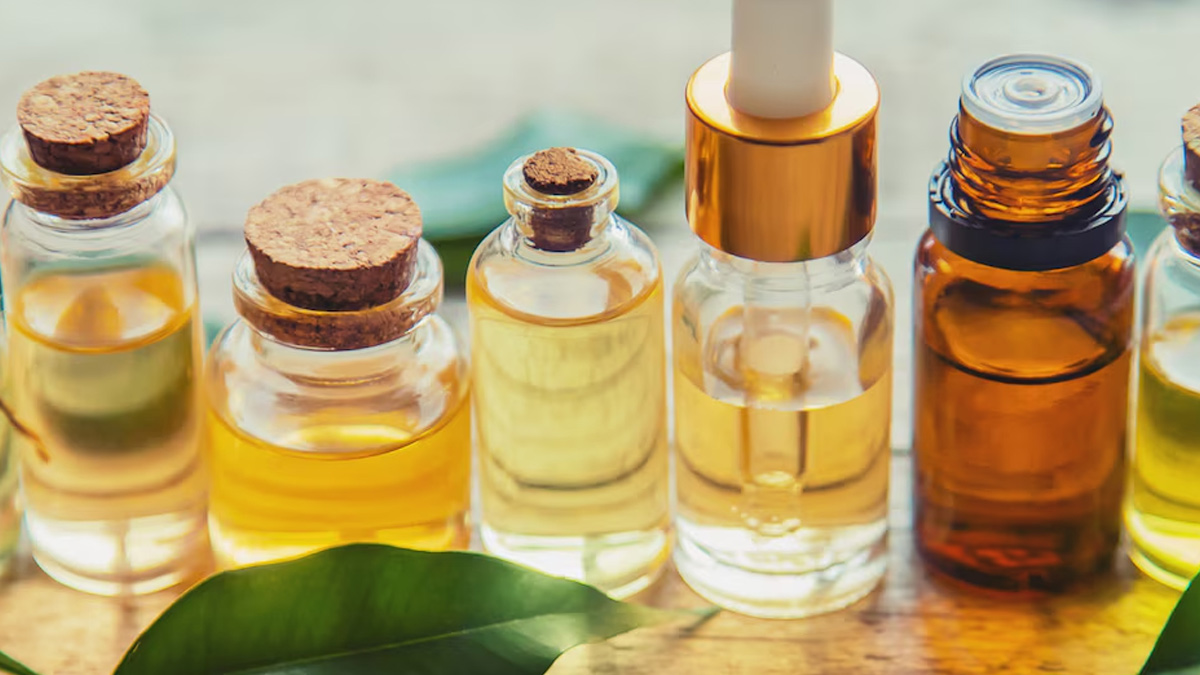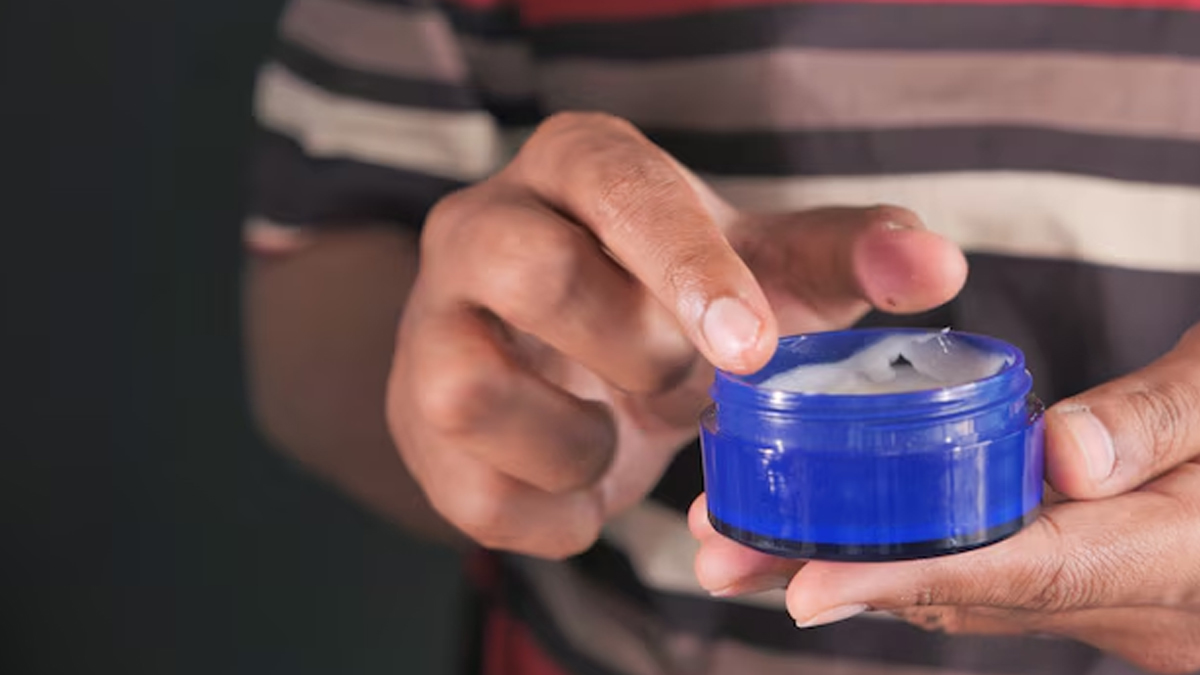
As the cold weather sets in, are you feeling those familiar aches and pains creeping into your muscles? Whether it's from the chill in the air, less time spent being active, or simply the way we bundle up for warmth, sore muscles seem to be a winter inevitability. But before you reach for that store-bought cream, why not try something a little more natural and soothing? In this article, we help you make muscle rubs with warming spices and oils that not only help ease the discomfort but also provide a cosy and comforting experience.
Table of Content:-
Why Use Natural Sore Muscle Rubs?

Many commercially available pain relief creams contain harsh chemicals, artificial fragrances, or preservatives that can irritate the skin. On the other hand, natural ingredients like essential oils, herbs, and spices offer anti-inflammatory and muscle-relaxing properties without side effects.
Natural muscle rubs can be incredibly soothing because they contain ingredients that increase circulation and relieve tension. Essential oils like peppermint, eucalyptus, and ginger can help treat muscle pain and stiffness. When paired with warming spices, such as cinnamon or turmeric, these rubs become a powerful, natural alternative to the usual creams and ointments.
Also Read: Annoyed With Back Pain In Winter? Expert Shares Remedies To Tackle It
Ingredients to Include in Your Warming Muscle Rub

- Ginger Oil: Ginger has long been known for its anti-inflammatory and pain-relieving properties. It improves circulation, which helps to alleviate muscle soreness and stiffness. A 2019 review highlighted that ginger oil offers a range of therapeutic benefits, including pain relief, blocking pain receptors, reducing inflammation, acting as an anticancer agent, and helping to relieve coughs.
- Cinnamon Oil: Cinnamon isn’t just for your morning coffee; it’s a great warming spice for muscle rubs. It enhances blood circulation, which can help alleviate pain and reduce inflammation. Cinnamon oil also has a comforting aroma that can uplift your mood as it soothes your muscles.
- Eucalyptus Oil: Eucalyptus oil is a well-known essential oil with soothing properties. It’s excellent for relieving muscle tension and soothing sore muscles. A 2021 animal study found that eucalyptus can effectively relieve pain and reduce inflammation when administered in doses of 100, 200, and 400 milligrams per kilogram of body weight.
- Lavender Oil: A 2015 study suggested that lavender essential oil could serve as an effective pain reliever and reduce inflammation. Lavender has both calming and healing properties, making it an excellent oil to include in a muscle rub, especially if you’re looking for relaxation and relief from stress-related muscle tension.
- Peppermint Oil: Peppermint oil offers both cooling and warming effects. It helps to increase circulation and has a natural cooling sensation that can bring immediate relief to sore muscles. When paired with warming oils, it creates a balanced rub that both cools and warms, providing soothing relief to the body.
- Turmeric Powder: Turmeric is a powerful anti-inflammatory agent. It’s widely used in culinary and medicinal applications to treat inflammation and pain. When added to your rub, turmeric works with other ingredients to target soreness in the muscles and joints, making it a must-have for your winter muscle remedy.
How to Make Natural Sore Muscle Rub
Ingredients

- 2 tablespoons coconut oil (or olive oil for a lighter option)
- 1 tablespoon beeswax (optional for a thicker consistency)
- 10-15 drops of ginger essential oil
- 10-15 drops of cinnamon essential oil
- 10 drops of eucalyptus essential oil
- 5-10 drops of peppermint essential oil
- 1 teaspoon turmeric powder (optional for added anti-inflammatory effects)
Instructions
- Take a double boiler and gently melt the coconut oil (or olive oil) and beeswax until they become liquid. This process should take about 5-10 minutes. The beeswax helps to thicken the rub, so skip this step if you prefer a softer cream.
- After the base oils have melted, take the mixture off the heat and let it cool for a few minutes. Add the ginger, cinnamon, eucalyptus, and peppermint oils to the mix. Stir well to combine all the oils.
- For an extra anti-inflammatory boost, you can add a teaspoon of turmeric powder. Make sure it’s well-mixed to avoid clumps.
- Add the mixture to a container that can be tightly sealed. Let it cool and solidify at room temperature, or place it in the fridge for faster setting.
- Once the muscle rub has been set, you can apply a small amount to sore muscles or areas with tension. Gently massage in circular motions for relief.
Also Read: Mint Magic: Benefits Of Mint For Muscle Pain And Digestion
Tips for Using Your Natural Muscle Rub
- Patch test first: Before using the rub on a large area, apply a small amount to a small patch of skin to ensure you don’t have an allergic reaction to any ingredients.
- Use regularly: For best results, apply your muscle rub after a warm shower or bath to help the ingredients absorb more effectively into your skin.
- Store properly: Keep the rub in a cool, dark place to preserve the potency of the oils.
[Disclaimer: This article contains information for informational purposes only. Hence, we advise you to consult your professional if you are dealing with any health issues to avoid complications.]
Also watch this video
How we keep this article up to date:
We work with experts and keep a close eye on the latest in health and wellness. Whenever there is a new research or helpful information, we update our articles with accurate and useful advice.
Current Version